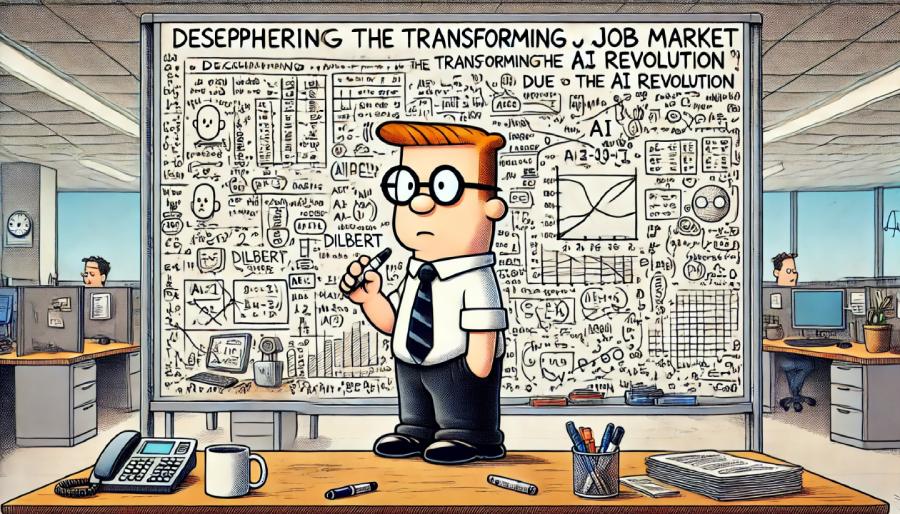Generational Shift : How Millennials and Gen Z are changing the job market

Work is no longer just a place you go. It’s a platform. A portfolio. A puzzle.
And we’re the ones reshaping the pieces.
In boardrooms, breakrooms, and browsers, a generational shift is underway—changing how jobs are found, how careers are built, and how economies adapt. This shift is exciting, but it’s also complex. It’s opening doors for creativity and freedom, while raising serious questions about stability, education, and inequality.
So, what’s actually happening? And how should teens prepare?
Let’s break it down.
1. From Jobs to Journeys: The Purpose Generation
Millennials cracked the system. Gen Z is building something new.
Unlike previous generations, who measured success in promotions and pensions, today’s young professionals are asking tougher questions:
“Does this job reflect my values?”
“Is this company ethical?”
“Will this role support my mental health?”
This shift toward purpose-driven work is forcing companies to change how they attract and retain talent. Businesses now spend billions crafting social missions, sustainability reports, and flexible policies to stay relevant in the eyes of young workers.
2. Remote Work Is Here to Stay—But It’s Not All Sunshine
When COVID hit, remote work became a necessity. Now, it’s a demand.
Millennials fought for flexible schedules. Gen Z expects them. Many want hybrid models, the freedom to work from anywhere, or even asynchronous jobs where you don’t have to be online at the same time as your team.
Sounds perfect, right? Not always.
The downside:
• Fewer opportunities for mentorship and networking
• Weaker ties to team culture
• Mental health risks from isolation and blurred work-life boundaries
Economic shift: Cities built around office culture—cafes, transport, commercial real estate—are already feeling the strain. Meanwhile, rural and suburban areas are seeing new growth as remote workers spread out.
3. The Skills-First Movement: Is a Degree Still Worth It?
Millennials began the push toward alternative education, like coding bootcamps, digital courses, and certificates. Gen Z has grown up with YouTube tutorials and AI tools—learning fast and independently.
Still, don’t believe anyone who says college is useless. The truth is more nuanced.
Reality Check:
• In tech and creative fields, skills often matter more than diplomas.
• In medicine, law, and research, formal education remains essential.
• College still gives access to networks, internships, and credibility, especially in competitive sectors.
Lesson for Teens:
Don’t abandon education—redefine it. Focus on learning both in and outside the classroom. Build skills early (writing, communication, coding, design, critical thinking), and combine them with whatever degree or path you choose.
4. The Rise of Side Hustles and Economic Independence
Millennials helped launch the gig economy through platforms like Uber, Airbnb, and Etsy—breaking away from the traditional 9-to-5. Gen Z grew up not just consuming digital content, but creating it: building personal brands on TikTok, designing digital products, and even launching mental health apps from their bedrooms.
This shift has redefined what it means to “have a job.” For many young people, economic independence now comes from creativity, flexibility, and multiple income streams rather than a single employer.
But the freedom comes at a cost:
• Gig workers often lack access to basic protections like healthcare, retirement plans, or paid leave.
• The constant pressure to monetize passions can lead to burnout and disillusionment.
• And despite social media’s highlight reels, most creators don’t become “overnight successes”—they face years of trial, error, and unpaid effort.
The Economic View:
As gig and freelance work grow, governments are being pushed to modernize tax systems, labor laws, and social protections. The balance between freedom and security is no longer theoretical—it’s becoming one of the defining economic questions of our time.
5. Leadership Is Changing
The boss in a suit behind a closed office door? That image is fading.
Today’s young workers want transparency, empathy, and collaboration. Gen Z doesn’t want to climb ladders—they want to build bridges. And increasingly, they’re stepping into leadership roles early, creating startups, leading teams, or organizing movements while still in their teens or twenties.
Trend to watch: Soft skills like emotional intelligence, communication, and adaptability are becoming as important as technical know-how. Companies are looking for leaders who can handle change, not just manage processes.
So, What Can You Take from This?
If you’re a teen watching this change unfold, here’s what matters:
• Learn how the economy responds to work trends. Every shift in how we work impacts where money flows, which industries grow, and which fade.
• Start building skills now. Not just school knowledge, but real-world tools—writing, coding, communication, project management, design.
• Stay adaptable. The job you end up doing may not exist yet. What matters is your ability to evolve
Conclusion: This Isn’t a Trend. It’s Transformation.
The future of work is not being handed to us—it’s being shaped by us. The choices Millennials and Gen Z are making today—about flexibility, ethics, education, and entrepreneurship—are redefining the economic landscape.
This transformation isn’t flawless. It’s filled with contradictions: more freedom, less security; more voice, more pressure. But it’s real. And for the next generation, understanding these shifts means stepping into the workforce with eyes open, not closed.
You don’t have to follow the old road.
But you do need to map your own.
– By Zhanar Serikkyzy
